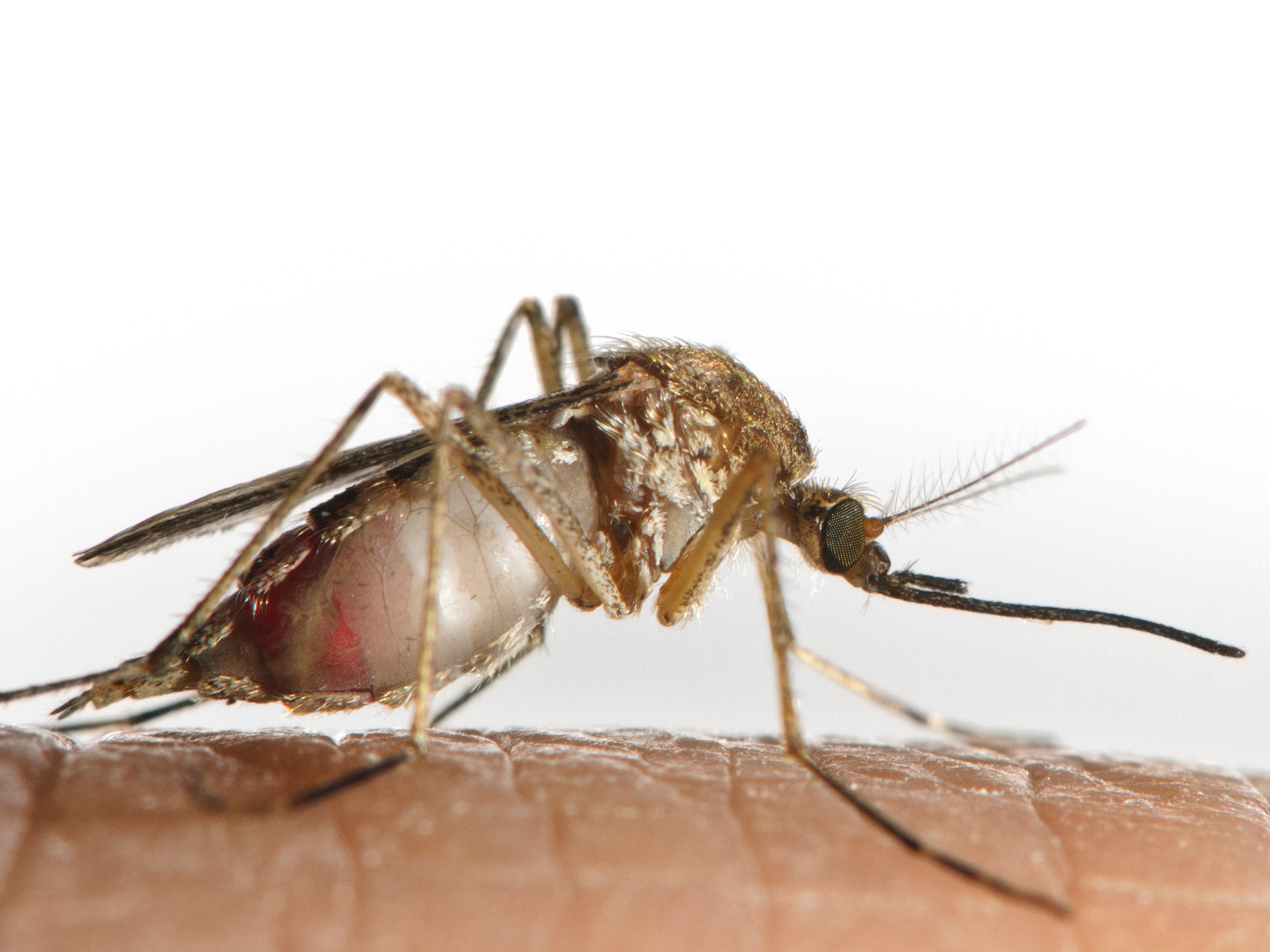Scientists discover how mosquitoes came to love the taste of humans
Parasites evolved to enjoy human blood thousands of years ago

Your support helps us to tell the story
From reproductive rights to climate change to Big Tech, The Independent is on the ground when the story is developing. Whether it's investigating the financials of Elon Musk's pro-Trump PAC or producing our latest documentary, 'The A Word', which shines a light on the American women fighting for reproductive rights, we know how important it is to parse out the facts from the messaging.
At such a critical moment in US history, we need reporters on the ground. Your donation allows us to keep sending journalists to speak to both sides of the story.
The Independent is trusted by Americans across the entire political spectrum. And unlike many other quality news outlets, we choose not to lock Americans out of our reporting and analysis with paywalls. We believe quality journalism should be available to everyone, paid for by those who can afford it.
Your support makes all the difference.A chemical vapour exuded from human skin became the key reason why mosquitoes turned from feeding on animals to sucking the blood of people, a study has found.
Sulcatone is an important ingredient in the distinctive human odour, and mosquitoes learnt to recognise it many thousands of years ago as a sign that they were near a source of food, scientists have discovered.
Researchers found that the present-day black-bodied mosquitoes that feed on the furry skin of forest animals do not show any preference for sulcatone, but the brown mosquitoes living in and around villages in Africa are highly attracted to the scent.
“We knew that these mosquitoes had evolved to love the way we smell,” said Leslie Vosshall of Rockefeller University in New York, who led the study published in the journal Nature.
“It was a really good evolutionary move. We provide the ideal lifestyle for mosquitoes. We always have water around for them to breed in, we are hairless and we live in large groups,” Professor Vosshall said.
The scientists identified a group of 14 genes in the mosquito genome that are strongly linked to their love of humans and one odour receptor in particular – called Or4 – stood out as being highly active in the human-preferring mosquitoes.
They linked the Or4 receptor with one of many compounds collected from human skin that form part of the natural scent of people. This was the key that locked the mosquito to the smell of its new human host.
Subscribe to Independent Premium to bookmark this article
Want to bookmark your favourite articles and stories to read or reference later? Start your Independent Premium subscription today.
Join our commenting forum
Join thought-provoking conversations, follow other Independent readers and see their replies
Comments